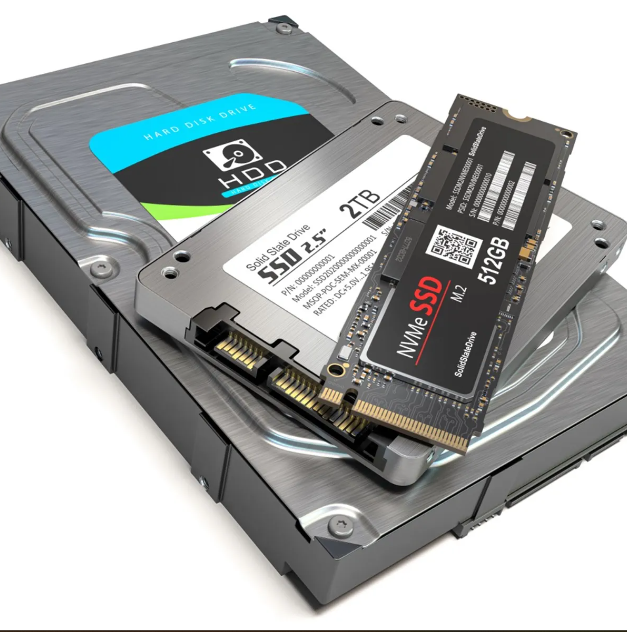In todays world, laptop speed is everything. Whether you’re a professional navigating complex software or just normal user browsing the web, the performance of your device significantly impact your productivity and experience and that is where Ram and Hard drive come in.

The most important components that play a pivotal role in determining laptop speed are the Processor, the Random Access Memory (RAM) and the Hard Drive. The Ram and the Hard drive are both computer memory.
In this article we want to compare only the memory, the Ram and the Hard Drive on how each of these components affects laptop speed and why both of them are very essential.
Understanding The role of a RAM
RAM acts as the temporary memory of your laptop, storing data that is actively being used or processed by the CPU.
It holds the information you’re actively using, like open programs and documents. The more RAM you have, the more things you can work on at once, it keeps things running smoothly.
Here’s how RAM affects speed: When you open an application or perform a task, the required data is loaded into the RAM for quick access. The more RAM your laptop has, the more applications and processes it can handle simultaneously without slowing down.
The Role of your Hard Drive in a computer system
The Hard Drive serves as the long-term storage room for your laptop. This is where all your files, programs, and including operating system are located. The primary function of Hard drive is to store data.
But There are 2 types of Hard Drive
The SSD and HDD Comparison
Normally hard disk drives (HDDs) spin like records, making them very slow compared to the SSD counterpart. SSDs use flash memory, offering lightning-fast access to data.
Moving from Hard disk drive to Solid State Drive is the biggest performance boost you can give most laptops.
In conclusion The best combination for a laptop is good RAM size and good SSD.
This is actually going to make your computer faster.
Written by Unique Chukwuma Godswill Abanobi




